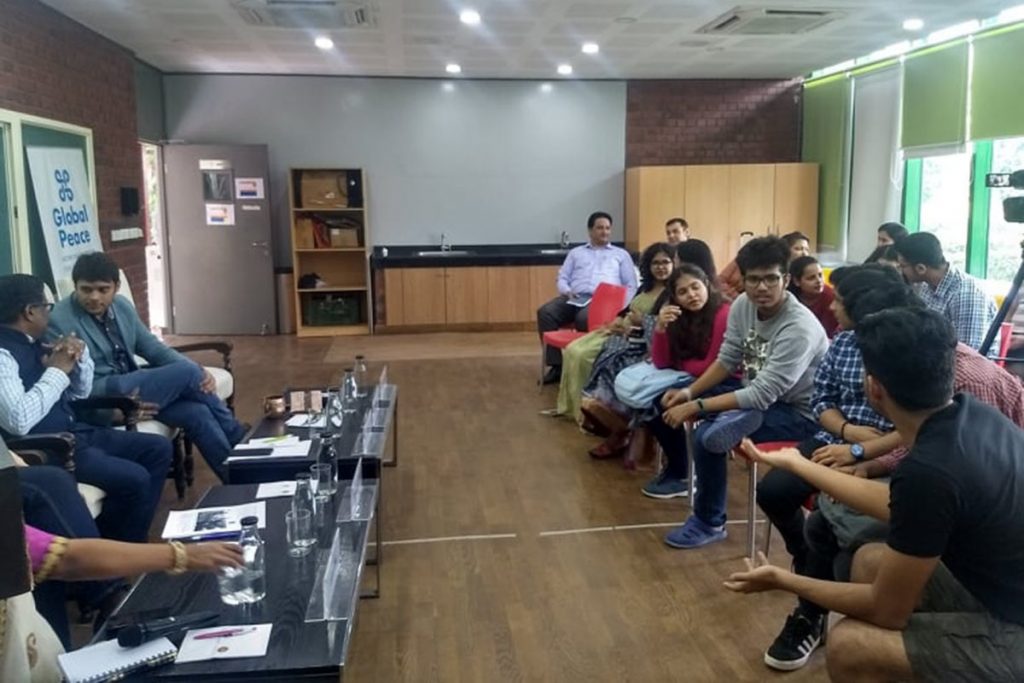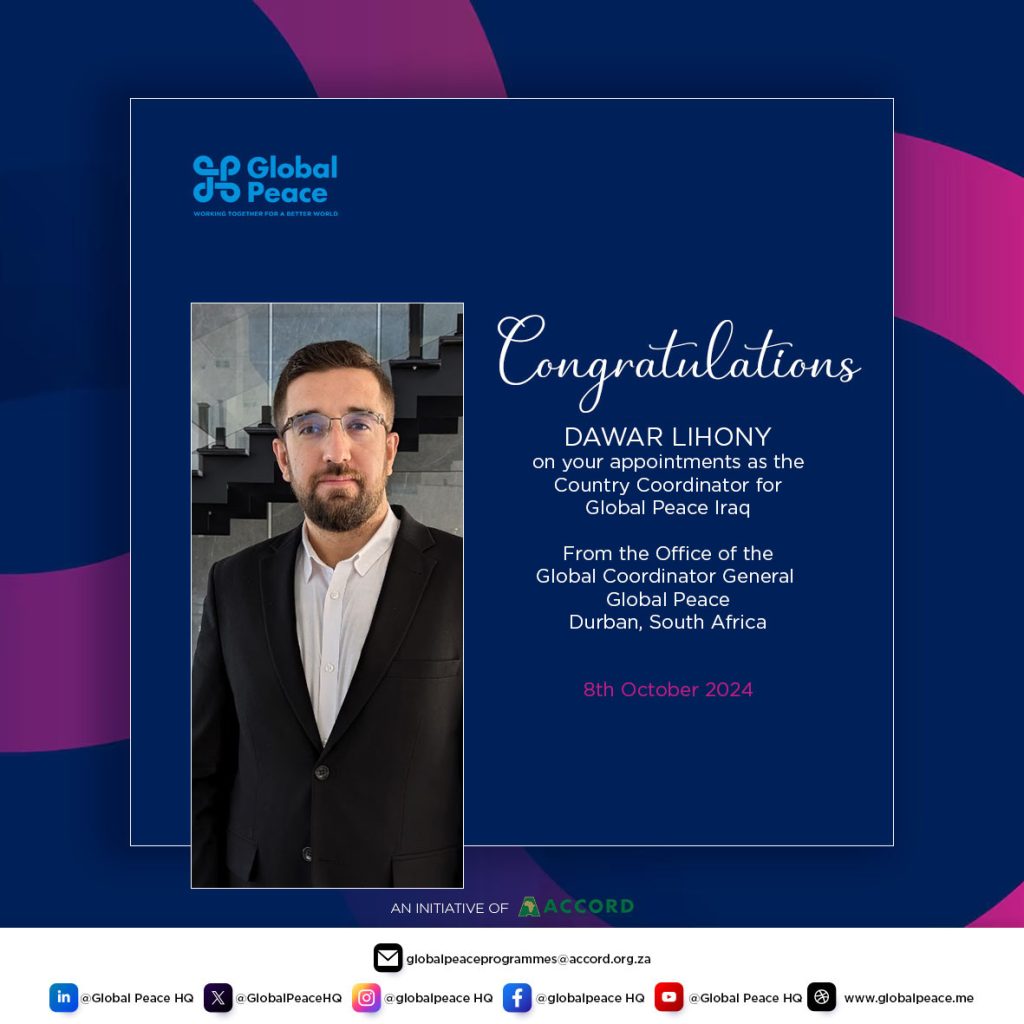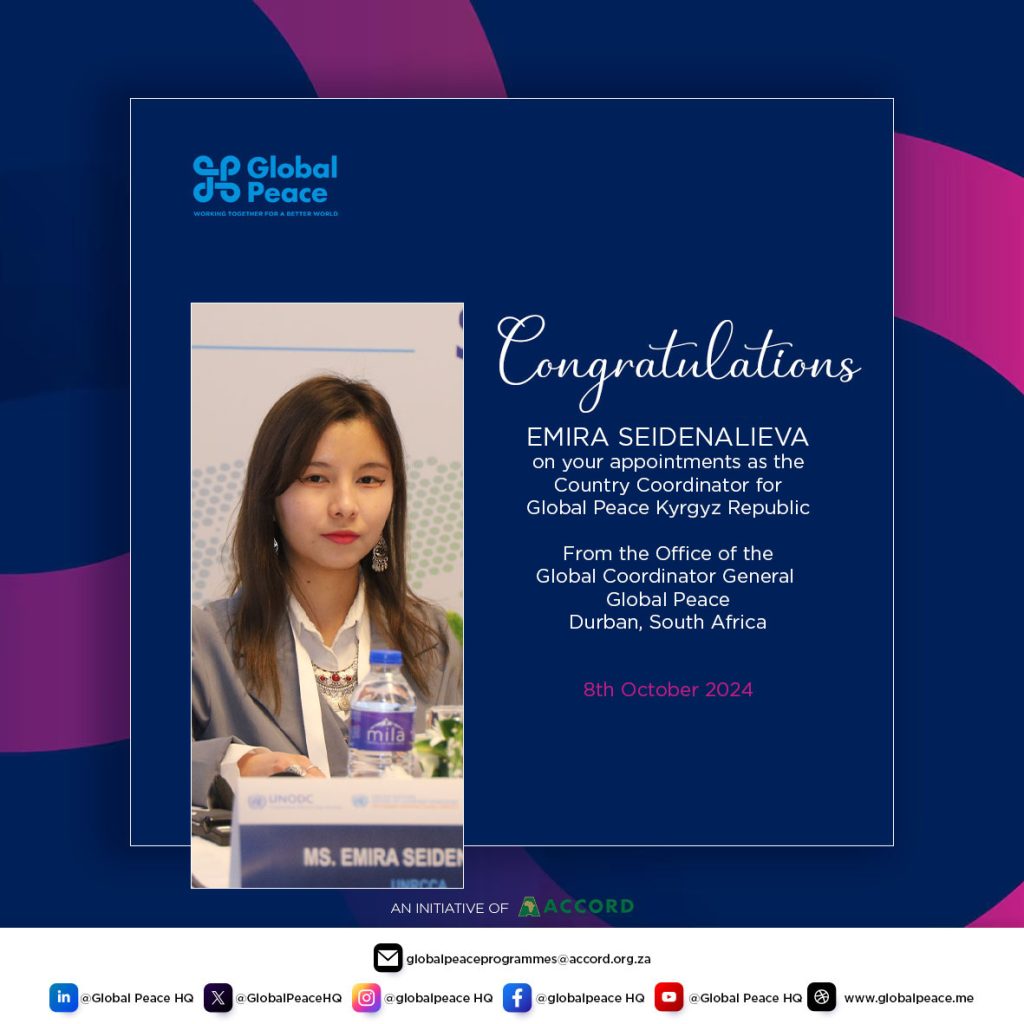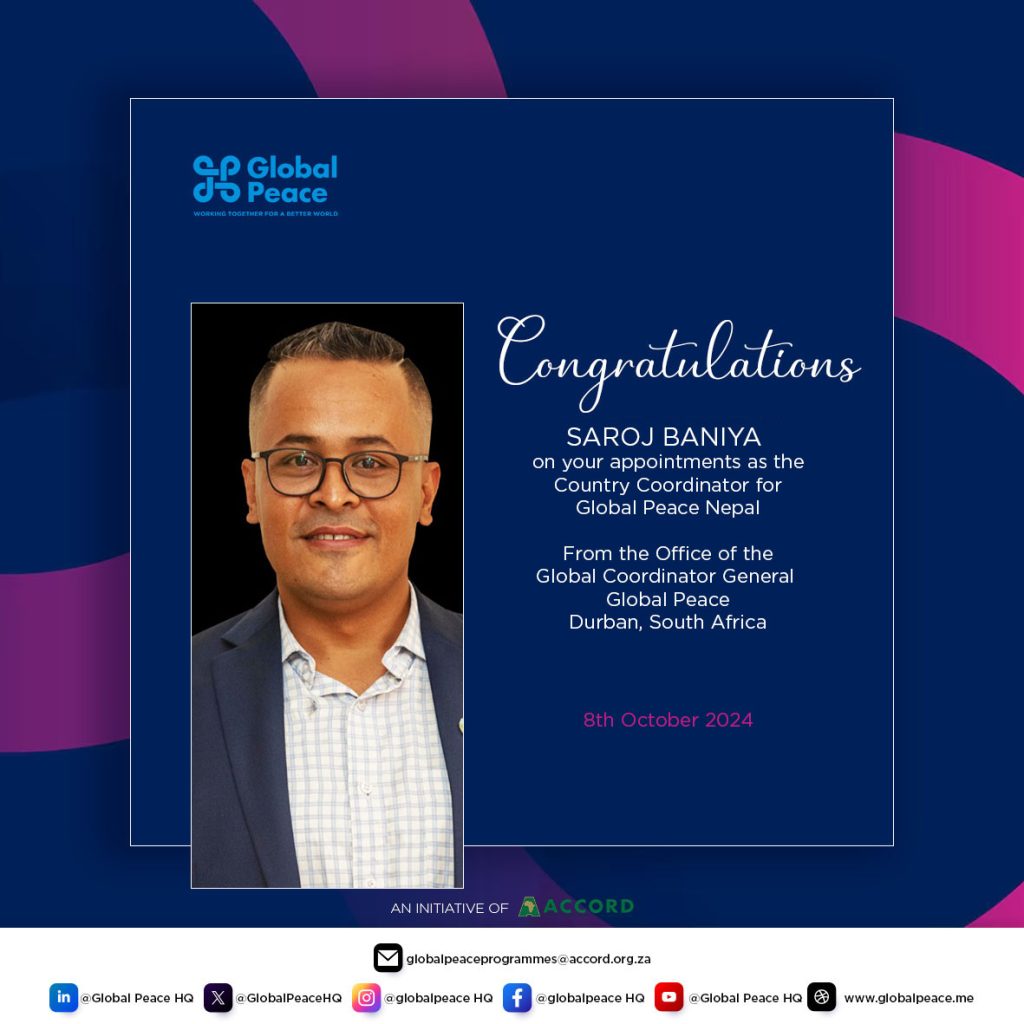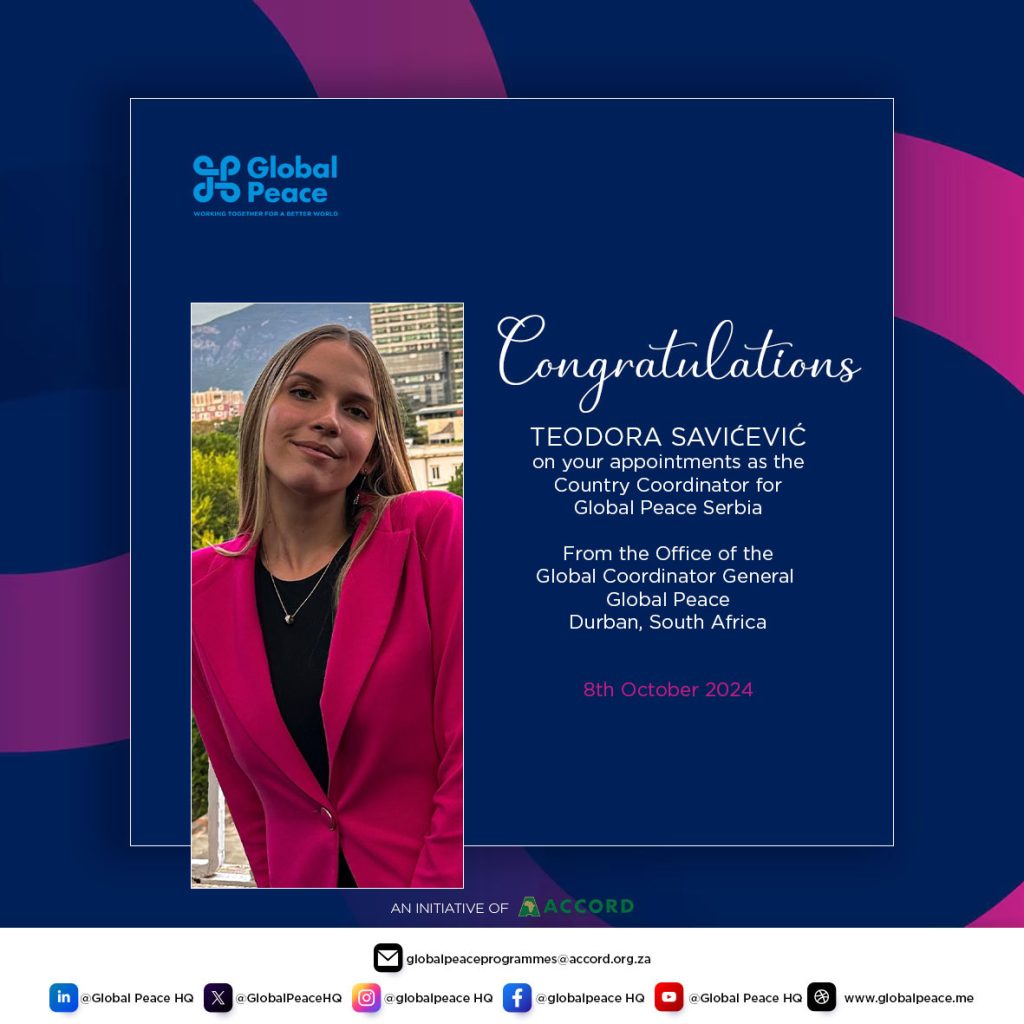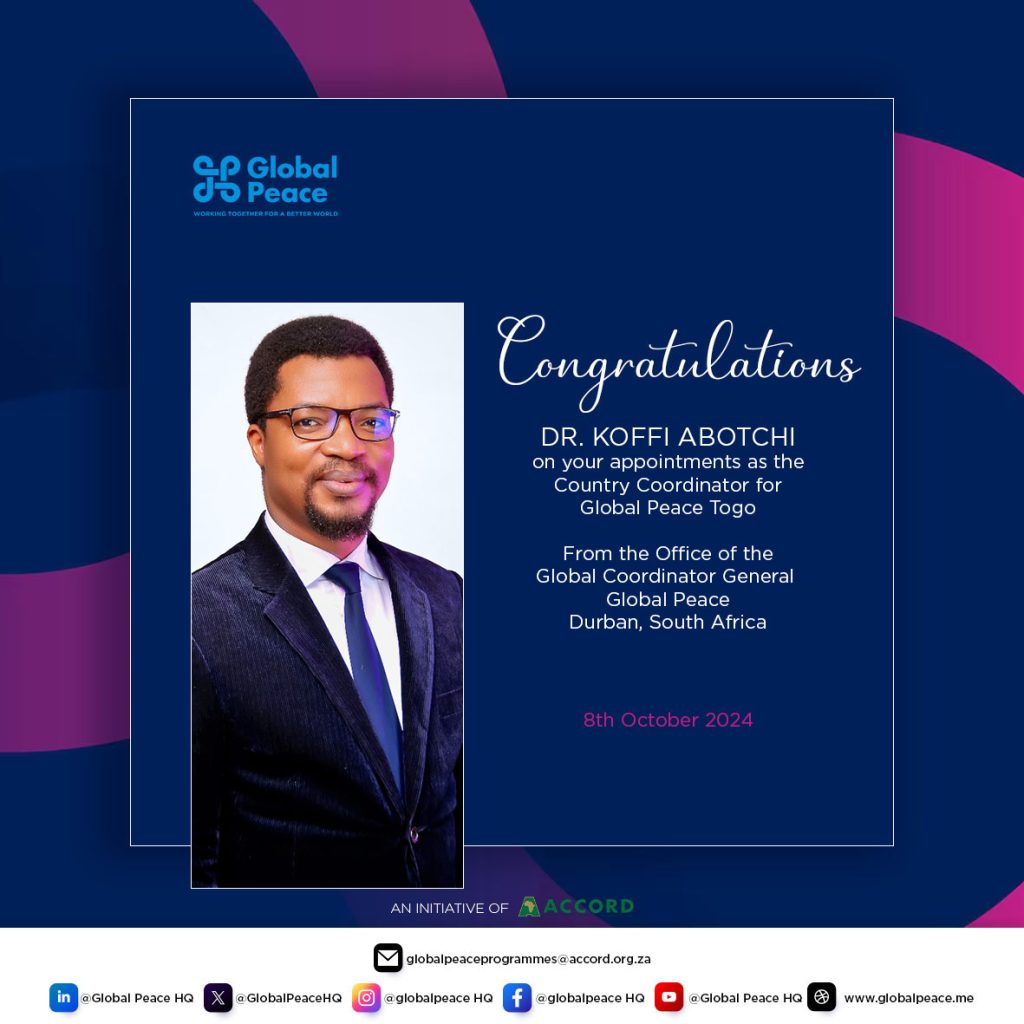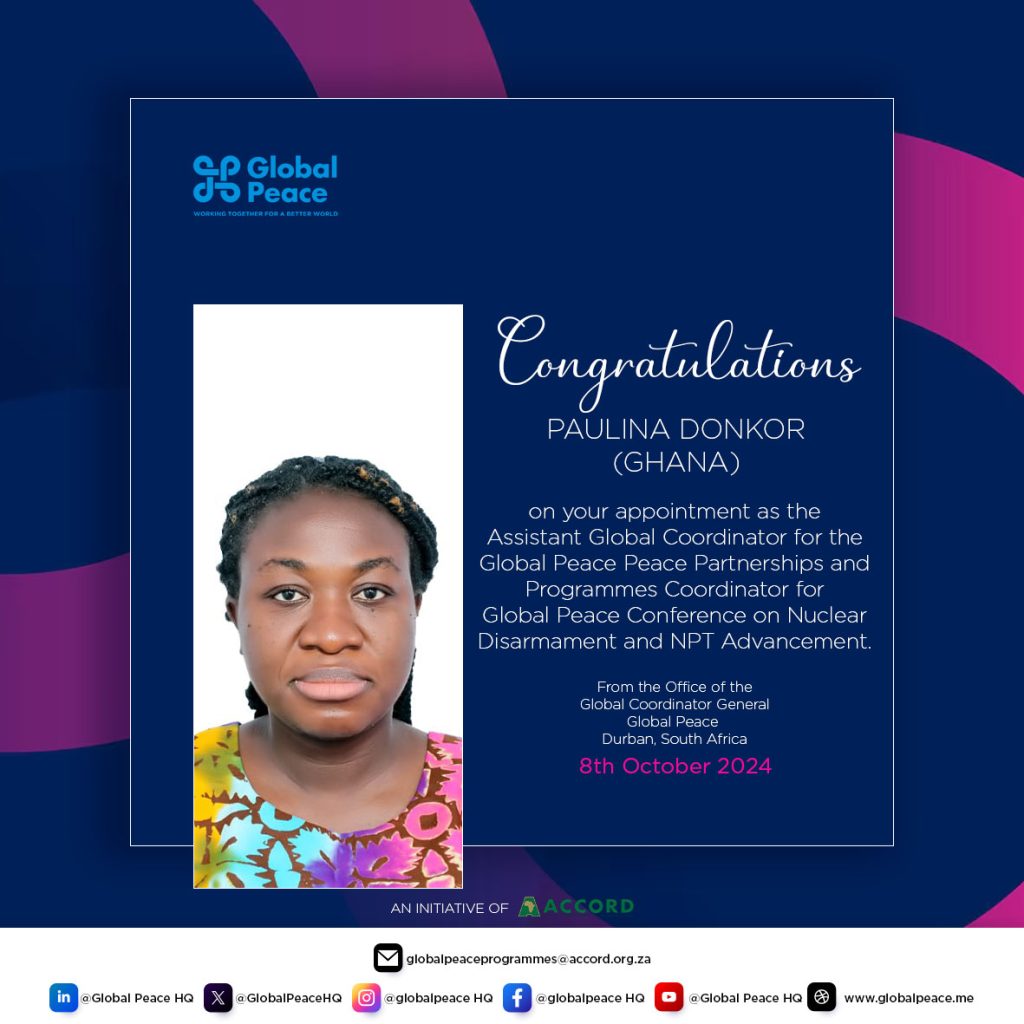An Inter-Generational Dialogue was held in Delhi on 8 November 2019 at the OP Jindal Global University in Sonipat, the National Capital Region (NCR) of Delhi in partnership with Manford (Management Foundation for Organizational Development & Research) and OP Jindal Global University’s Jindal School of International Affairs.
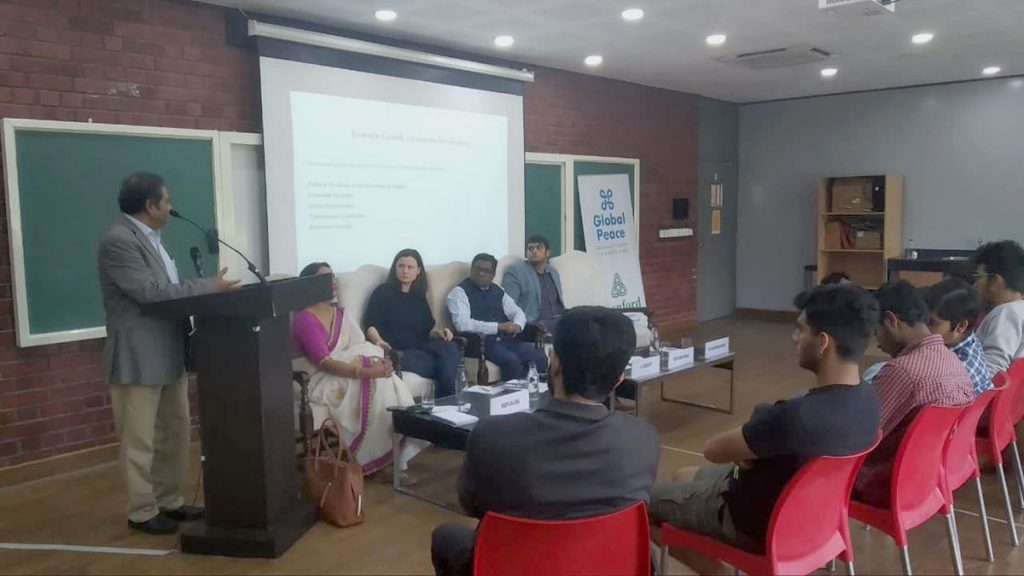
The IGD was facilitated by Deepa Rachel, the Director of Manford, and the panellists were Prof. Deepanshu Mohan, Associate Prof, Jindal School of International Affairs; Dr SG Sreejith, Pro and Vice-dean, Jindal Global Law School; and Dr Annika Bose Styczynski, Associate Professor and Assistant Dean (Research and International Collaboration), Jindal School of Government and Public Policy.
The facilitator engaged the audience in two activities – one at the beginning to demonstrate the role of conflict in societies and the entrenched positions that different parties assume, and another towards the end of the IGD on the role of individuals towards creating global peace.
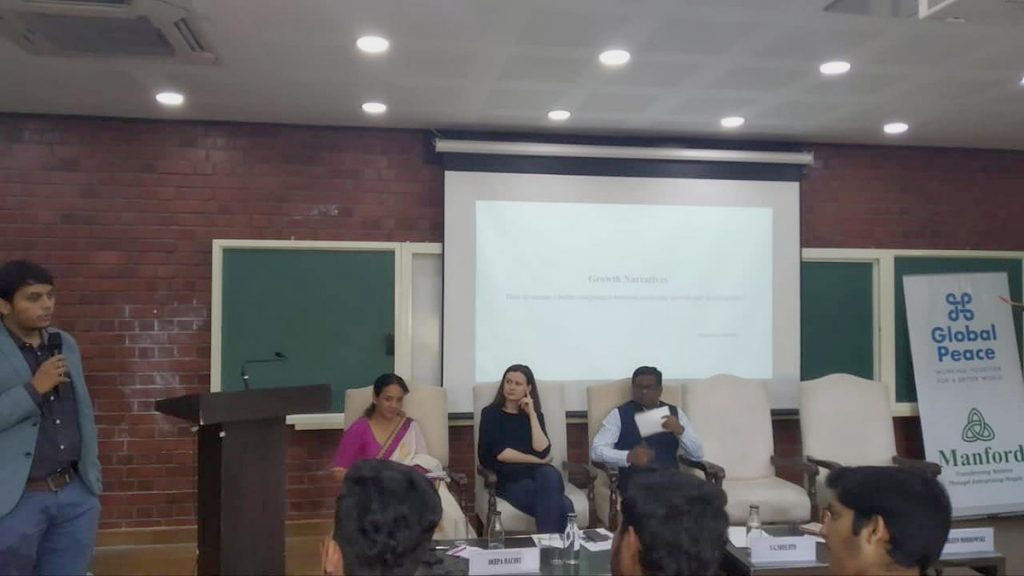
The IGD also focused on the environment as a significant player in the current global economy, especially in the context of climate change – considering that New Delhi and the National Capital Region is choking with air pollution with no clear, sustainable solutions in sight. Noting that the Indian and Chinese economies will continue to grow at a great pace, this will be accompanied by increasing amounts of pollution and a greater impact to the environment, which neither of the countries can afford.
In discussing the theme of sharing knowledge for human progress, those in attendance reflected that perhaps the older generations have lived lives with a false sense of progress – but now is the time for creative thinking and the time for redefining progress. This will be defined by improved knowledge of the self in order to better understand human nature, helping societies grasp the challenges and wisdom of human progress. Human progress is incorporated in law; a law that is not codified in statutes but within societies where it is embodied in the knowledge of social order and the self.
The IGD also touched on growth in the world economy and the accumulation of collective knowledge. This knowledge, in turn, leads to growth of new relationships that results in development. However, in today’s world development is competitive and not inclusive. Despite the expected path of working towards a global society for the benefit of all, society today is merely a collective of individuals’ conflicting views and opinions. These views form the basis of competing nation states, under the lens of economic progress. Progress can only happen when different agencies of societies recognise their roles in development and their core values.
A model of economic development, together with the following, needs to be established for a really inclusive economy that leads to human progress:
- Accumulation of knowledge that is not materialistic;
- Economic facilities – equal accessibility to the market for all the sectors of society;
- Civic freedoms – individuals’ accessibility of their rights and their freedom to voice their opinions;
- Transparency; and
- Equal distribution of resources.
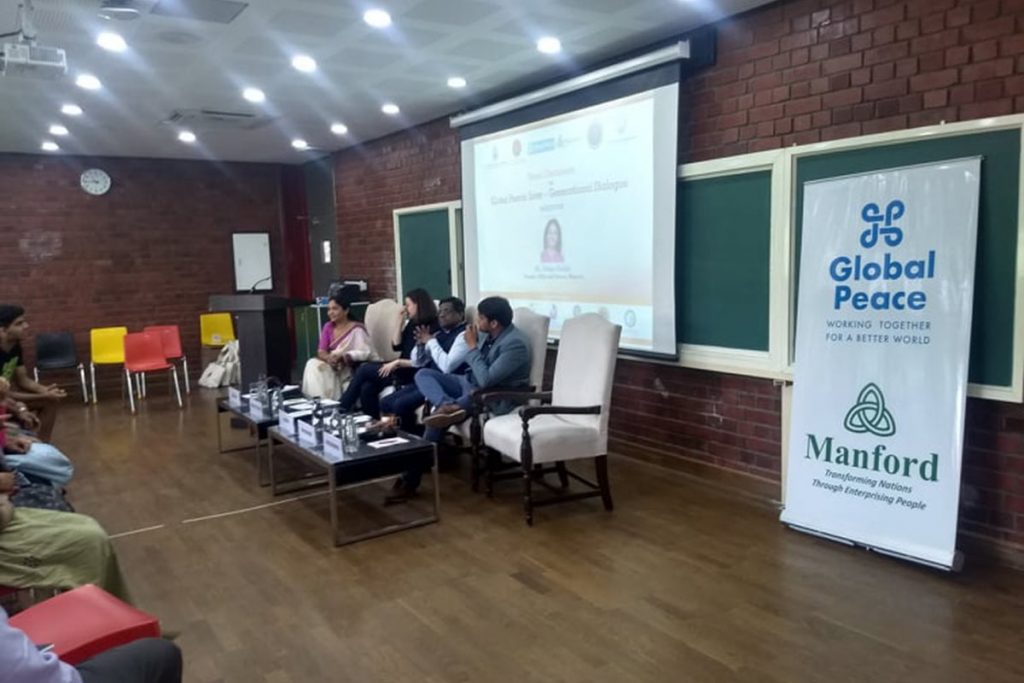
In the interaction with the audience, which included many students, a key take-away was that while experts work on the solutions, it is up to each individual to take initiative in their own spheres of influence, and mobilise on issues.
The IGD formed part of Global Peace’s 100 Cities and 100 Dialogues campaign and brought together a panel of three representing sectors of society: the youth, public sector, and private sector. The dialogue’s inter-generational aspect allowed the panellists to engage and share their thoughts and different perspectives on the challenges we face and share solutions as to how we can further drive innovative solutions to solve these challenges and create a lasting sustainable future.

